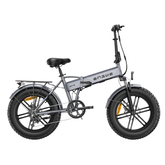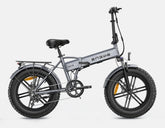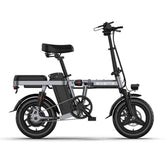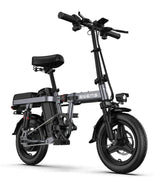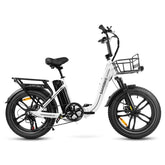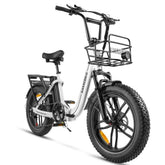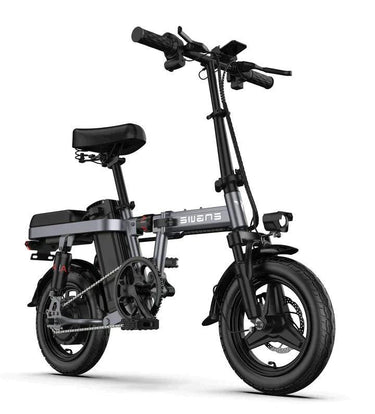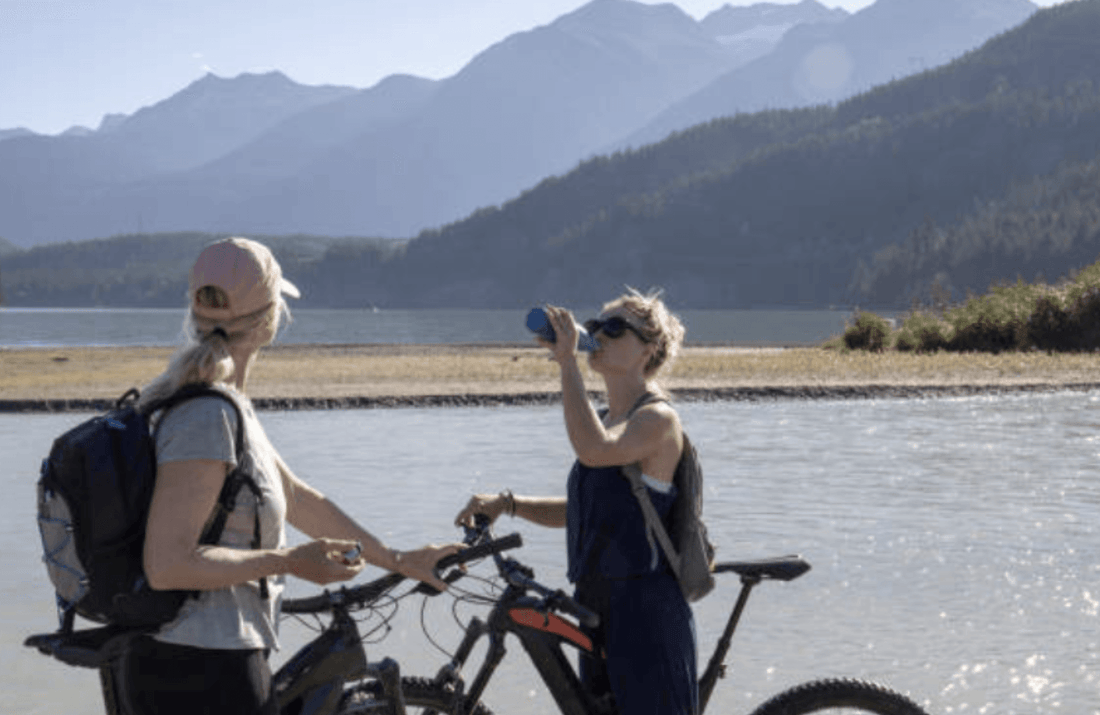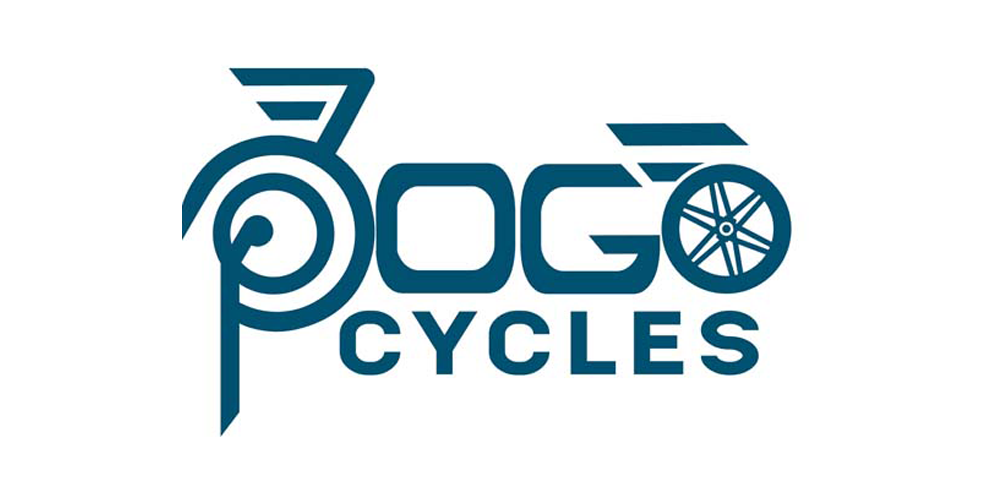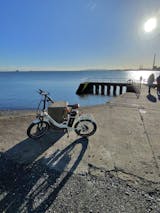The Best Nutrition & Hydration Tips for Long-Distance Cycling
Long-distance cycling requires more than just endurance and training. Proper nutrition and hydration are key to maintaining energy levels, preventing fatigue, and ensuring optimal performance throughout your ride. Whether you're preparing for a century ride, a multi-day bikepacking adventure, or simply an extended solo journey, fueling your body correctly will help you ride stronger and recover faster.
This guide covers everything you need to know about what to eat, when to eat, and how to stay hydrated for sustained energy and performance.
Why Nutrition and Hydration Matter for Long Rides
Cycling for extended periods depletes energy stores and hydration levels. Without proper fueling, you risk experiencing:
-
Bonking or hitting the wall – Sudden exhaustion due to glycogen depletion.
-
Muscle cramps and weakness – Electrolyte imbalances can cause painful cramps and reduced muscle function.
-
Dizziness and brain fog – Dehydration and low blood sugar can impair concentration and decision-making.
To avoid these issues, let’s dive into the best food and hydration strategies for long-distance cycling.
Pre-Ride Nutrition: Setting the Foundation
The goal of pre-ride nutrition is to maximize glycogen stores while ensuring digestion is smooth and efficient.
What to Eat Before a Long Ride
-
Three to four hours before: A meal rich in complex carbohydrates such as oats, whole grains, pasta, or rice.
-
One hour before: A small snack with easily digestible carbs, such as a banana, toast with honey, or an energy bar.
-
Include healthy fats and protein: Nut butter, eggs, or yogurt help sustain energy release.

Pre-Ride Hydration
-
Drink 500 to 750 milliliters of water with electrolytes in the hour before your ride.
-
A small cup of coffee can enhance endurance, but avoid excessive caffeine to prevent dehydration.
Fueling During the Ride: What and When to Eat
Since the body can only store enough glycogen for about 90 minutes of cycling, consuming food regularly is essential for maintaining energy levels.
How Often Should You Eat?
Aim for 30 to 60 grams of carbohydrates per hour, depending on the intensity and duration of the ride.
Best Foods for Long-Distance Cycling
-
Bananas for natural sugars and potassium.
-
Nut butter sandwiches for a mix of carbs, protein, and fats.
-
Energy gels and chews for quick-absorbing carbohydrates.
-
Dried fruit and nuts for natural sugars and healthy fats.
-
Boiled potatoes as a stomach-friendly energy source.
Practicing your fueling strategy during training rides helps determine what works best for your body.

Hydration During the Ride: How Much to Drink?
Dehydration can significantly impact performance and recovery, so keeping up with fluids is crucial.
Hydration Guidelines
-
Drink 500 to 750 milliliters per hour, adjusting based on temperature, sweat rate, and ride intensity.
-
Electrolytes are essential to replace lost sodium, potassium, magnesium, and calcium.
Electrolyte Sources
-
Sports drinks designed for endurance athletes.
-
Electrolyte tablets dissolved in water.
-
Coconut water as a natural alternative.
-
Salty snacks like pretzels and nuts to help retain fluids.
Drinking too much plain water without electrolytes can lead to low sodium levels, which may cause dizziness and muscle weakness.
Post-Ride Recovery: Replenishing Energy and Fluids
After a long ride, refueling properly helps with muscle recovery and glycogen replenishment.
Best Recovery Foods
-
Protein sources like chicken, fish, tofu, or protein shakes to support muscle repair.
-
Carbohydrates from whole grains, fruits, or starchy vegetables to restore glycogen.
-
Healthy fats from avocados, nuts, and olive oil to support recovery.
Post-Ride Hydration
-
Rehydrate with water and electrolytes based on how much fluid was lost during the ride.
-
Aim for pale yellow urine as an indicator of good hydration.
Additional Tips for Long-Distance Cycling Nutrition
-
Eat before you feel hungry and drink before you feel thirsty.
-
Experiment with different foods and hydration strategies during training rides.
-
Avoid sugary energy drinks that can cause blood sugar crashes.
-
On multi-day rides, focus on well-balanced meals between rides.
Following these nutrition and hydration strategies will help you ride longer, recover faster, and perform at your best on every long-distance cycling adventure.

